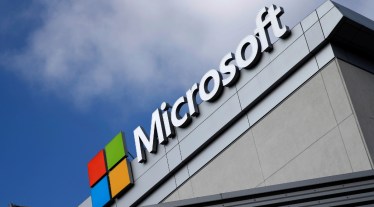Generative AI technology has the potential to offer numerous benefits and solutions to complex problems. However, it also raises several concerns, particularly around the confidence with which it can provide incorrect answers. This concern has been highlighted by recent demonstrations of Google’s Bard and Microsoft’s Bard, which have proven the validity of these fears.
In its demo launch video, Bing, the popular search engine owned by Microsoft, made several factual errors, similar to what happened in Google’s Bard demo video. The video was released to showcase Bing’s new AI capabilities in front of media, but it is now known that the search engine’s answers lacked accuracy.
Microsoft invited a group of reporters to give first-hand experience of AI-powered Bing. The new AI-backed search engine analysed Gap and Lululemon’s earnings report. It was found out that the results missed some numbers in comparison to the actual reports.
“Bing AI got some answers completely wrong during their demo. But no one noticed,” independent search researcher Dmitri Brereton wrote in a Substack post. “Instead, everyone jumped on the Bing hype train.”
Brereton while talking to CNBC added that in addition to the factual errors, AI-backed Bing also showed possible factual inaccuracy in its responses about vacuum cleaner specifications and travel itinerary to Mexico. He added that he had not initially set out to find errors, but rather stumbled upon them while conducting a detailed analysis for a comparison of the AI unveilings by Microsoft and Google.
Bard and Bing’s goof up have highlighted the threats posed by generative AI bots. It also puts spotlight on challenges faced by tech companies when developing AI systems, particularly in ensuring the accuracy and reliability of the information provided to users via these AI bots. As AI continues to transform the tech space, it is important that companies prioritise the accuracy and transparency of their AI algorithms to avoid hallucination.
ALSO READ l ChatGPT effect: Microsoft’s AI-powered Bing sees over 1 million people join its waitlist in just 48 hours
